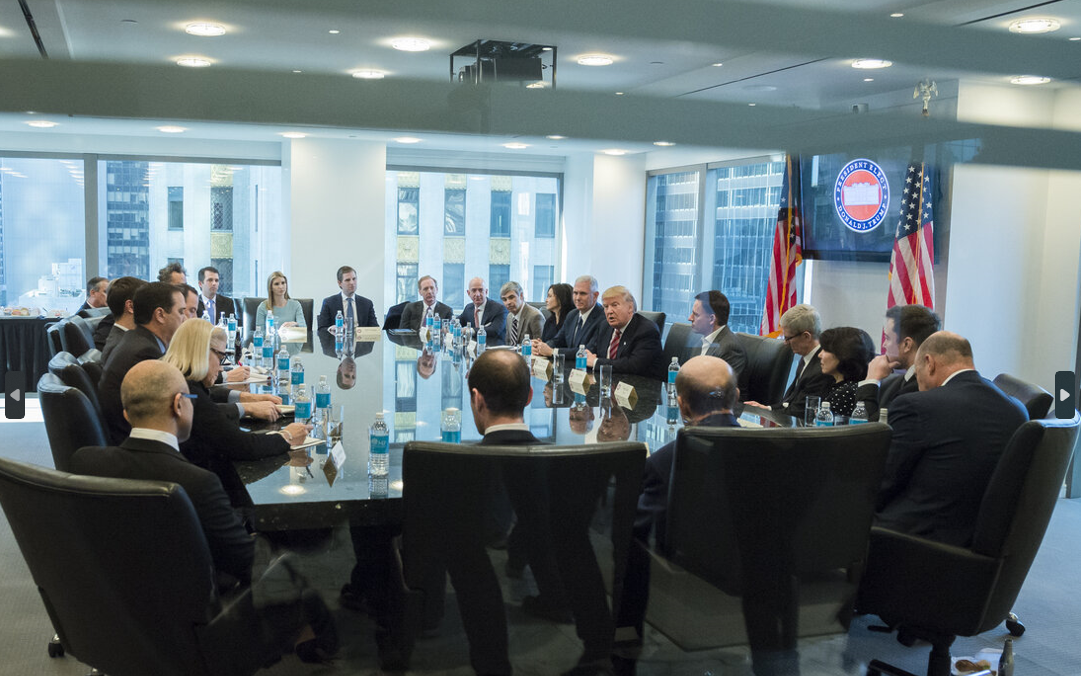
Li Zheng, Assistant Research Processor, China Institutes of Contemporary International Relations
Jan 13, 2025
The incoming administration in the United States is expected to intensify export controls on China and strengthen measures to block overseas markets for Chinese technology products. However, Donald Trump’s new team, steered by his pragmatic approach, may ease the pressure in some sectors.
Harvey Dzodin, Senior Fellow, Center for China and Globalization
Mar 27, 2024
The US was shocked out of its 20th century global isolationism on December 7, 1941 when Japan attacked Pearl Harbor. Ever since that era when a dirt-poor, war-torn China was still being derided as the “sick man of Asia”, the US has kept trying to maintain its lock on advanced technological global hegemony, doing whatever it takes to be #1, albeit with declining success.
Stephen Roach, Senior Fellow, Yale University
Oct 03, 2023
The debate over the difference between tactics and strategy is as rich as it is enduring. In his seminal 1996 article in the Harvard Business Review, Harvard’s Michael Porter tackled this issue head on. While his focus was business, his arguments can be applied much more broadly – including to today’s Sino-American rivalry.
Justin Feng, Masters Student, Johns Hopkins School of Advanced International Studies
Apr 19, 2023
Chinese chipmakers have remained surprisingly resilient despite U.S. semiconductor export controls. By redirecting focus towards legacy chip production, stockpiling restricted foreign chips, government support, and open-source RISC-V chip design architecture, China’s semiconductor industry may survive Washington’s export control campaign.
Stephen Roach, Senior Fellow, Yale University
Feb 01, 2023
Technology is ground zero in the conflict between the United States and China. For the American hegemon, it is about the leading edge of geostrategic power and the means for sustained prosperity. For China, it holds the key to the indigenous innovation required of a rising power. The tech war now underway between the two superpowers could well be the defining struggle of the twenty-first century.
Leonardo Dinic, Expert in Geopolitics and International Business, the Future of Work, and Emerging Technologies
Jan 11, 2023
National security and data risk concerns between the U.S. and China are continuously increasing, potentially leading to a ‘Cold War’ between the two countries.
Harvey Dzodin, Senior Fellow, Center for China and Globalization
Dec 02, 2022
To me, an eternal optimist, the United States and China appear more and more likely to be on a collision course for war. Recent US regulatory actions amount to nothing less than an economic and technological declaration of war against China and its 1.4 billion people.
Leonardo Dinic, Expert in Geopolitics and International Business, the Future of Work, and Emerging Technologies
Nov 09, 2022
News headlines described the Biden administration’s latest semiconductor-focused sanctions on China as sheer annihilation, which could ‘decapitate’ the overall semiconductor industry.

Li Yan, Director of President's Office, China Institutes of Contemporary International Relations
Aug 18, 2022
The U.S. House speaker made a bad situation worse, and China-U.S. relations are headed to a new low. Changes can be seen on multiple fronts, but perhaps most clearly in the military dynamics between the two countries and in the chip-making regime, which has become an important chess piece in the geopolitical game.

Sun Bingyan, Vice Director of Research Center for Intellectual Property and Technological Security, University of International Relations
Wang Dong, Professor and Executive Director, Institute for Global Cooperation and Understanding, Peking University
Aug 15, 2022
Washington wants to build a “small chip world” for itself that is decoupled from global supply chains. This is pure fantasy. The act can neither help the U.S. achieve a secure supply chain nor rejuvenate its domestic chip manufacturing sector. And it won’t slow China down either.
Back to Top

- China-US Focus builds trust and understanding between the U.S. and China through open dialogue among thought leaders.
- Our Offerings
- Topics
- Videos
- Podcasts
- Columnists
- Research Reports
- Focus Digest
- Stay Connected
-
Thanks for signing up!
- Get the latest stories from China-US Focus weekly.